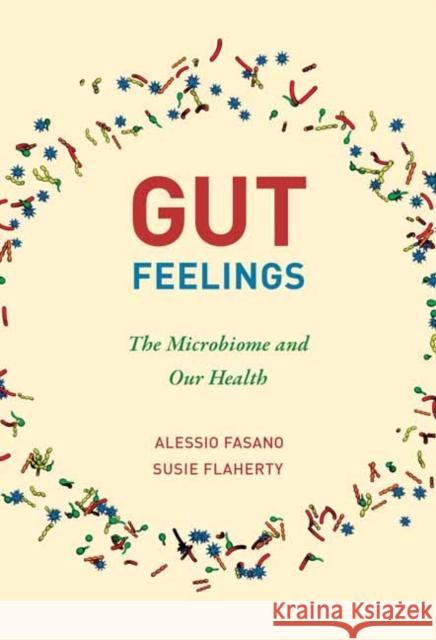Gut Feelings: The Microbiome and Our Health » książka
topmenu
Gut Feelings: The Microbiome and Our Health
ISBN-13: 9780262543835 / Angielski / Miękka / 2022 / 552 str.
Kategorie:
Kategorie BISAC:
Wydawca:
MIT Press Ltd
Język:
Angielski
ISBN-13:
9780262543835
Rok wydania:
2022
Ilość stron:
552
Waga:
0.54 kg
Wymiary:
19.61 x 12.6 x 3.0
Oprawa:
Miękka
Wolumenów:
01
Dodatkowe informacje:
Bibliografia
Wydanie ilustrowane
Wydanie ilustrowane











